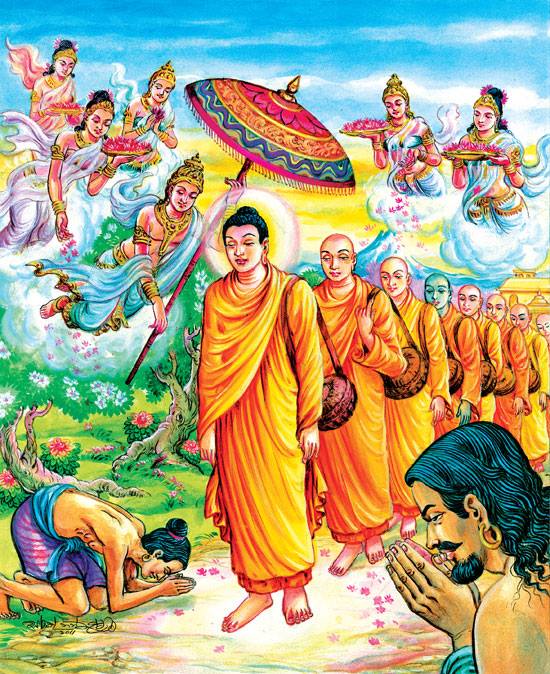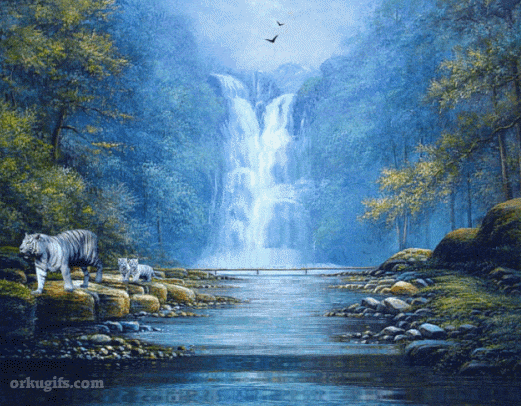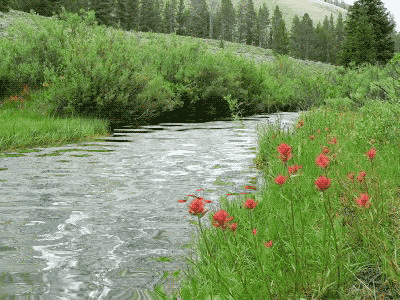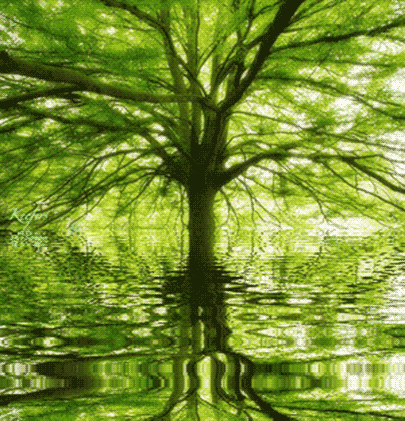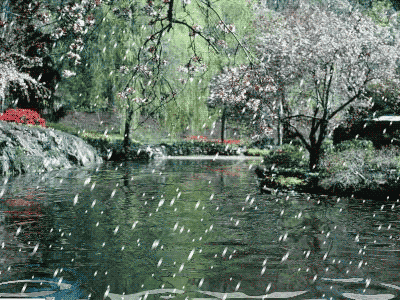-
107 August 28, 2016
-
Anxiety and Sorrow
36 August 28, 2016 -
-
In order to be free from anger
145 August 28, 2016In order to be free from anger, we have to practice, whether we are Christian, Muslim, Buddhist, Hindu or Jewish. We cannot ask the Buddha, Jesus, God or Mohammed to take anger out of our hearts for us. There are concrete instructions on how to transform the craving, anger and confusion within us. If we follow these instructions and learn to take good care of our suffering, we can help others do the same. ~Thich Nhat Hanh
-
Kind words do not cost much
180 August 28, 2016 -
Whatever it is be You
225 August 28, 2016 -
Four short sentences
173 August 28, 2016 -
Spiritual life is a life of search
Comment August 28, 2016Spiritual life is a life of search…but a true search.
Not to investigate and to seek what you hope to discover,
Not the object of your aspiration,
But what you are.
Meditation is just a search for the meditator.
Enlightenment is to discover…To discover that there is no discoverer, and there is nothing to discover…
Enlightenment is to be.
To be the most wonderful discovery of what can not be found.
It is to arrive to no where…
To meet no one.
You fail, because of your habit to search only for that which satisfies your needs.Get rid of all this need.
And you will see…
Get rid of all that you have.
And you will see…
Throw away all that can be thrown.
And you will see…
Give up these words, and what they make you feel
And you will see…
Give up your attempt to give up.
And you will see…
Give up your attempt to see.
Because then you will really see…
The farther the object you search for, the better eyesight you need.
That which is closest to you, you have to be.~By Swami Ramakrishnananda
-
Venerable Yasa’s efforts to hold the second Buddhist council for the offense of monks collecting money
Comment August 28, 2016
Venerable Yasa’s efforts to hold the second Buddhist council for the offense of monks collecting money
55. Venerable Yasa’s efforts to hold the second Buddhist council for the offense of monks collecting money
About 100 years after the death of the Buddha, monks of the Vajji clan did certain acts which were not becoming of monks. They begged for money, even an anna (a nickel) or two, from lay devotees who came to the monastery on Uposatha days to keep their precepts. The Venerable Yasa then said that it was not fit for monks to handle money. For that reason, they imposed a Vinaya Act on the Venerable Yasa by which it was made obligatory for the person who said so to tender an apology to lay devotees for alleged interference with their charitable motives.
The Venerable Yasa went to the lay devotees and explained the true purport of the Buddha’s teachings, and when the lay devotees understood it they showed no further respect to monks who begged for alms in cash. The Venerable Yasa approached the distinguished Arahants and asked them to adjudge the matter, and they pronounced that it was not lawful according to the Vinaya for monks to handle money. After which, 700 distinguished Arahants were chosen and the Second Buddhist Council was held to protect the Doctrine.
THE ILLUSTRATED HISTORY OF BUDDHISM
by ASHIN JANAKA BHIVAMSA (Aggamahapandita)
Artist: U Ba Kyi | Link to this post -
I walk down the street…
Comment August 27, 20161) I walk down the street.
There is a deep hole in the sidewalk
I fall in.
I am lost…
I am hopeless.
It isn’t my fault.
It takes forever to find a way out.2) I walk down the same street.
There is a deep hole in the sidewalk.
I pretend I don’t see it.
I fall in again.
I can’t believe I’m in the same place.
But it isn’t my fault.
It still takes a long time to get out.3) I walk down the same street.
There is a deep hole in the sidewalk.
I see it is there.
I still fall in…it’s a habit
My eyes are open; I know where I am;
It is my fault.
I get out immediately.4) I walk down the same street.
There is a deep hole in the sidewalk.
I walk around it.5) I walk down another street.
Poem title: Autobiography in five chapters
by Portia Nelsony


